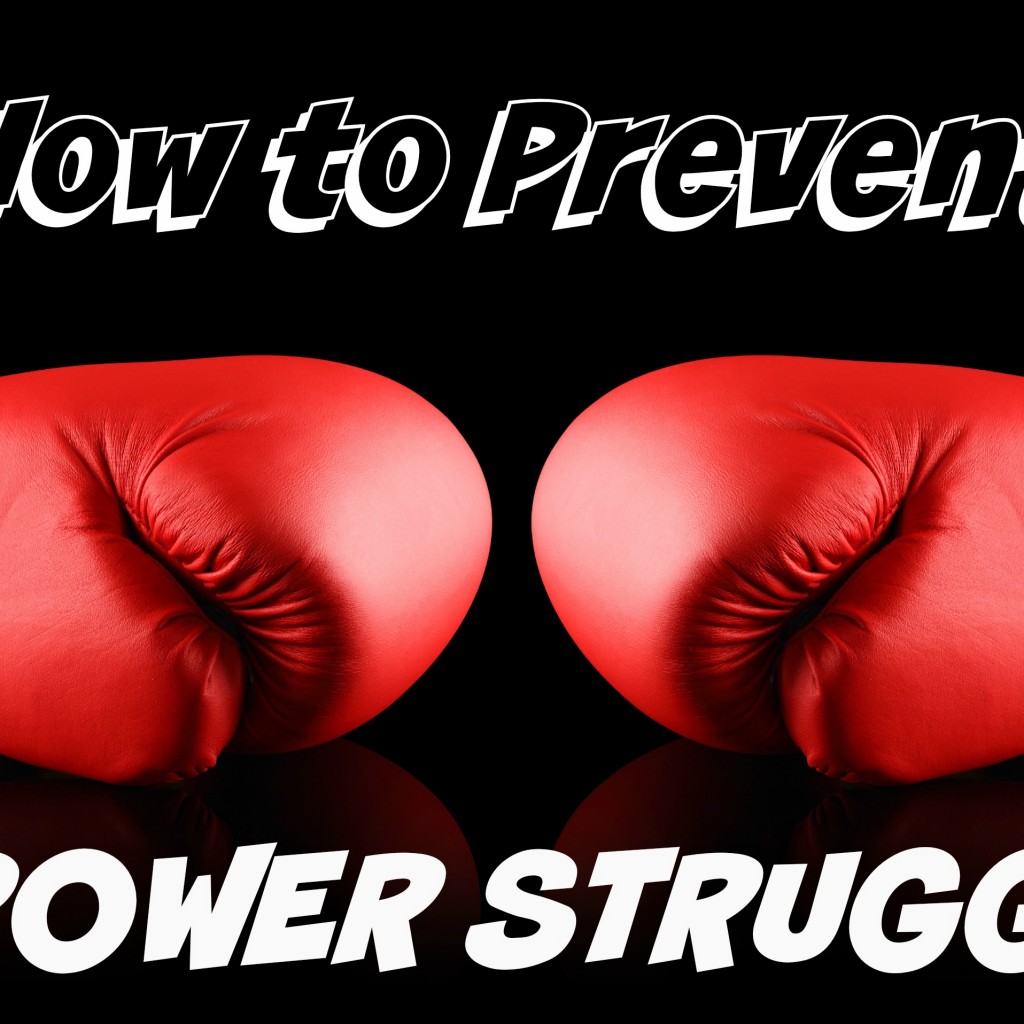My wife Marian and I are about to remodel two bathrooms. Yesterday we spent a few hours of a beautiful sunny afternoon walking through warehouses of granite in an effort to decide on decor. Not my idea of spending a Saturday!
Getting two people to decide on a style that is mutually appealing is no easy task! We learned over the years not to pull the trigger on a project until it gets a “thumbs up” by both of us. The way we plan to handle this project is that Marian will take the lead on one bathroom and I will take the lead on the other. We agree to keep the style in the range of mutual interest.
The tasks of family life whether it is a big project or something minor cause power struggles if couples aren’t careful. Power is something you both bring to the relationship. It is the right to your own thoughts, feelings, voice, and choice. Sharing power is the sign of a healthy relationship. Couples who respect each other’s power are open to
give and
receive influence to and from each other.
[Tweet “The tasks of family life whether it is a big project or something minor cause power struggles if couples aren’t careful.”]
Here are four key strategies you can follow to prevent a power struggle in your relationship.
Respect Your Mate’s Power
As an expression of your love and acceptance of your spouse/partner, one of the most important gifts you can give him/her is your respect of their right to
be and
express himself/herself. This is their power.
In a project, your partner needs to feel respected in the expression of their thoughts and ideas. If they don’t feel this, they are less likely to want to listen or accept what you have to say. What follows is a power struggle.
If you are the primary income earner in your home do not use this as a means to exert more control over your spouse. I’m not talking about budget here, that’s a separate issue. I am speaking more specifically about trumping your spouse’s opinion because you are the bread winner.
Listen to Understand Your Spouse
Listening to understand is a power struggle disarmer. Everyone has the need to be heard and understood. As you listen, be sure your body language communicates respect. Don’t roll your eyes or fold your arms. It communicates a closed mindset and disrespects your spouse. Sit with an open posture. Give eye contact. Summarize what you hear so you can convey understanding.
Sometimes a person’s view is based on sentimental value. It is very important that you take this into consideration. Sentiments are as important as aesthetics, logic, or other inputs into a decision. Be careful not to be dismissive of your spouse’s sentimental perspective. They may need to express it and let it go, or it may play a role in how they want to proceed in a project.
Find Common Ground
Common ground can be found if you both listen and understand each other. I am amazed at how often I see this in my work with couples. Often they are in the same range in how they see things, but the power struggle in their interactions keeps them from seeing it.
Collaboration is a form of communication that considers each person’s point of view as valuable to the overall decision. When couples collaborate by considering each other’s perspective, common ground is easily found.
Develop Trustworthiness
Trustworthiness is what you give to each other. Can you be trusted to do what you say? Passive-aggressive behavior is a form of power control that breeds mistrust. If you are domineering and have to have things go your way then you are not trustworthy.
Trustworthiness is based on honesty and congruency. Being congruent means that your words and actions match.
Mistrust reinforces a power struggle. If you can agree to work on mutual trustworthiness your relationship will have enough pliability to share power and prevent the power struggle.
Now It’s Your Turn
As you think about your role in your relationship, how do you measure up when it comes to preventing power struggles? Do you show your mate respect in his/her right to express ideas and feelings? Do you listen to understand? Do you give him/her the sense that what they have to say is important to you? Do you seek common ground? Finally, are you trustworthy? If you answered yes to these questions then you probably don’t have many power struggles. If you answered “no” then you likely do. Where do you think you need to do better in your relationship? How can you begin to take action?
If you found this blog helpful, could you please do four things?
- Click the heart sign above to indicate you like it.
- Tweet the quote above.
- Forward it to someone you think it could help?
- If you have not signed up for my free email list, can you do so now?

